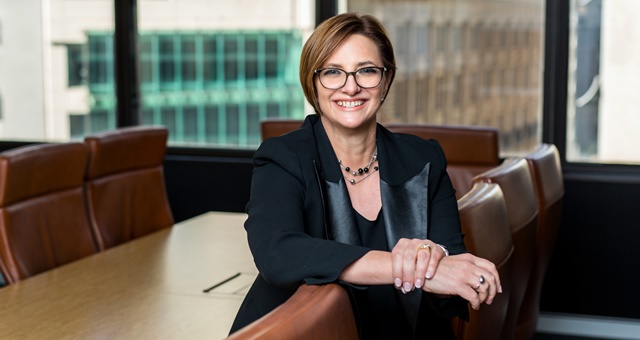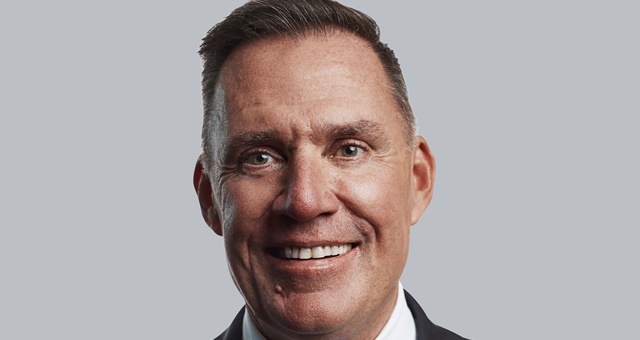
Over 1,700 industry viewers tuned in to the maiden HM Webinar, entitled ‘The Recovery Starts Now’, sponsored by Hostplus and Intrust Super.
Across twelve 7-8 minute interviews conducted by HM Editor, James Wilkinson, a variety of raw and honest opinions were aired, reflecting the state of the industry during the darkest days of the COVID-19 pandemic. Despite significant downturns and high levels of redundancies and furloughs, optimism at the turning point was high, with issues such as staff morale, interstate borders and government subsidies firmly at the industry’s heart.
Proceedings began with the first Q&A session with Accor Chief Operating Officer – Pacific, Simon McGrath, who candidly labelled the last few months for the sector as “devastating” but that he had been highly impressed by the gathering momentum in New Zealand.
“I’ve been impressed by New Zealand across the board from a government level and right down,” he said.
“I wouldn’t underestimate how important they’ve been to the Australian Government’s decision-making and how they’ve gently prodded some of our thought, so I’m forever in debt to our New Zealand colleagues and the New Zealand Government. At the right time, they’ve shown strength and courage to make decisions.

McGrath’s comments were backed up by IHG Managing Director Australasia and Japan, Leanne Harwood – a proud Kiwi – who added she was delighted to see pent-up demand for travel which has led to strong weekend business primarily among leisure markets, but that alone wouldn’t sustain the industry.
“It’s absolutely critical we get to a position where we start to see business come through mid-week and into our cities,” Harwood said.
“I’m delighted to see the pent up demand and delighted to see everyone desperate to get out of their homes but desperate to see business travel moving again.

The focus then switched to the wider industry as Accommodation Association CEO, Dean Long, said that as great as it was to see borders begin to re-open, the biggest issue facing the sector now was on sustaining employment while supply and demand was rebuilt.
“Going into this crisis, about 113,000 people were employed in the industry. Without JobKeeper, that drops to around 35,000. Very rarely do we hear tourism operators speak negatively about the future because we’re a very positive, upbeat sector and like to look forward.
“So for politicians to hear these numbers and what the impact is going to be, it’s certainly being considered front and centre,” Long said.
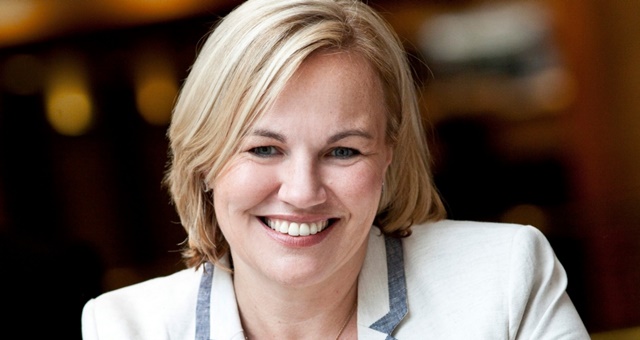
Tourism Australia was next up, with Philippa Harrison commenting on the opportunity that was being presented in encouraging Aussies who would ordinarily holiday overseas to see their own country instead.
“There’s this whole cohort of Australians who travel offshore every single year, so we are really focused on getting them to travel in their own backyard,” Harrison said.
“Australians don’t necessarily know all there is to see and do in their own backyard. The Great Barrier Reef is not in the top 10 domestic destinations, so we think we have a big job to do to get that leisure market firing.”
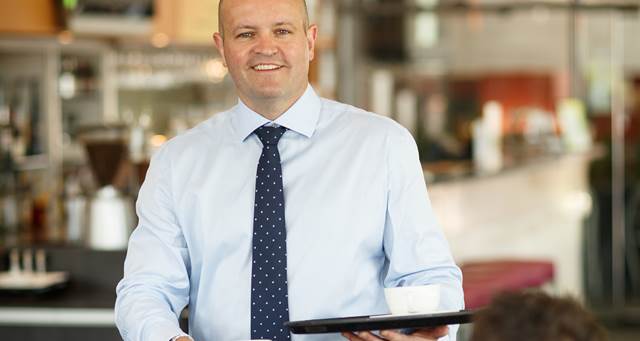
Regional tourism was then canvassed by Choice Hotels Asia-Pac CEO, Trent Fraser, who said there was some optimism being felt by many franchisee hoteliers, with some positive signs being seen.
“July reservation activity is sort of doubling week by week. We think we’ll end June at around 25% across the board and hopefully be back to 55% by the end of the year,” Fraser said.
“The road to recovery is going to be a long one. We have a fairly conservative view on 2021 with a bit more optimism in 2022 when we hopefully get back to some sort of normality.”
Fraser took aim at several state Premiers turning the issue of border re-openings into a political football and comparing their virtues and assets against one another.
“We need to park the egos and get on with opening up the borders and getting those businesses back up and operating, otherwise they can look forward to more losses and more business closures, which is certainly not the path we want to take” he lamented.
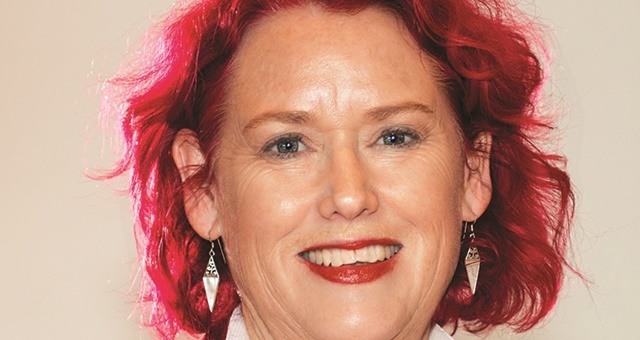
Another hot button issue covered was New Zealand. Despite effectively eradicating Coronavirus from the country, New Zealand was taking big, yet cautious steps towards returning to normal, having recent seen big crowds flock to the rugby once again. Tourism Industry Aotearoa Head of Hotels, Sally Attfield, said this sort of activity would have created a sense of vibrancy in the towns and cities where those matches took place but much more work was needed.
“Domestic leisure tourism is lumpy. It’s going to focus on school holidays and long weekends and we know that won’t be sufficient for operators to continue to operate sustainably in the long term.
“It’s about converting the dreaming into bookings and getting other parts of the market moving,” she said.
Attfield added that like Australia, it was critical that some sort of clarity on the future of government wage subsidies was forthcoming, saying businesses needed some sort of assurance before the current arrangement reaches its currently-scheduled end in August.
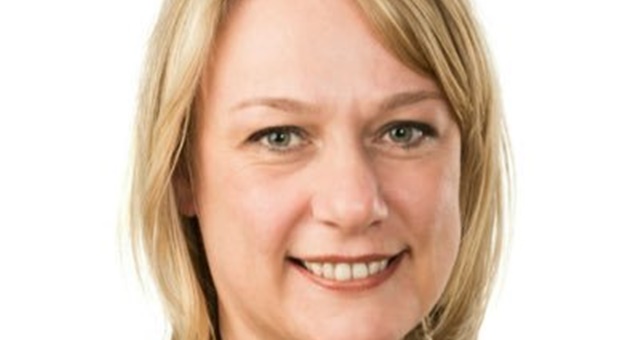
Hotel owners have been hit equally hard by the pandemic, with HTL Partners CEO, Marianne Ossovani saying the downturn has led many of the 14 hotels in her group to focus on improving operations.
“During our down time, once JobKeeper was put in place and where we had little or no demand in some of the regions, we focused on getting assets and businesses better. Complete refurbishment projects, maintenance, back office and training where we could.
“The recovery has been and will continue to be challenging,” she added.
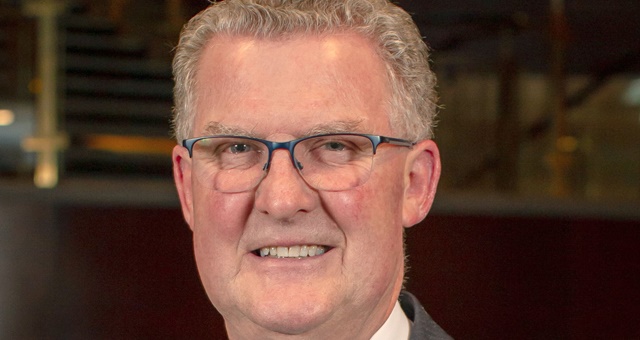
Tourism Accommodation Australia National CEO, Michael Johnson, levied significant praise at Australia’s hotel bars, pubs and restaurants for being highly proactive and taking steps to ensure their expedited re-opening.
“Pubs have been working closely with State Governments and Chief Medical Officers to determine what was going to be required to be open and then go back and put those in place,” Johnson said.
“There’s 115,000 hospitality workers in WA that have all been COVID-19 trained so that they’re ready to open.”
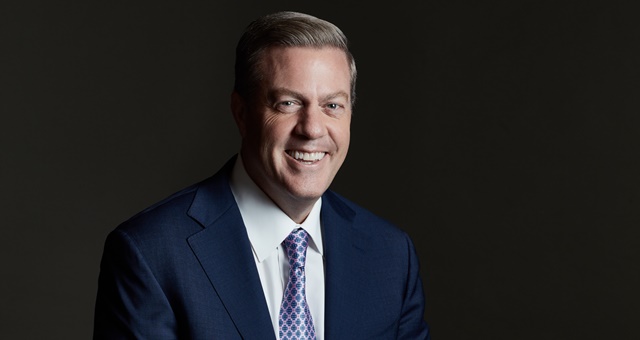
The webinar then headed overseas to Asia, with Marriott International’s newly-promoted Group President – International, Craig Smith, saying that a lot has been learned from how China has emerged from lockdown which can be applied across the rest of Asia.
“We’ll probably finish this month at 50% occupancy,” Smith said.
“I don’t know that ever in my career I was happy to see 50% occupancy but these days, it’s a good number.
“In Australia we’re really proud. All 22 of our hotels are open and we have a phenomenal leader in Sean Hunt. He and his team have really done a superb job. The government-funded overseas traveller quarantine helped our business quite a bit and we appreciate that.”
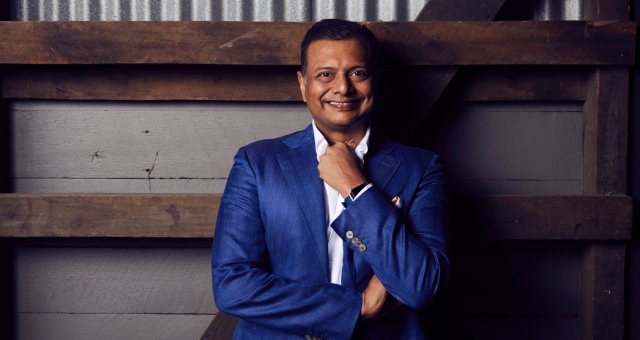
Remaining in Hong Kong, HM next chatted to Ovolo Hotels Founder and CEO, Girish Jhunjhnuwala, who detailed some of the changes coming to the group’s properties in the near future.
“Hygiene standards are one of the most important things, said Jhunjhnuwala.
“We’ve come up with our system, known as OCDC or Obsessive Commitment to Deep Cleaning. Also, washing hands is more and more important. We’ve set up hand washing stations in more locations in the hotels – not just in the washrooms.
“Wearing a mask is also going to be quite common for some years,” he added.
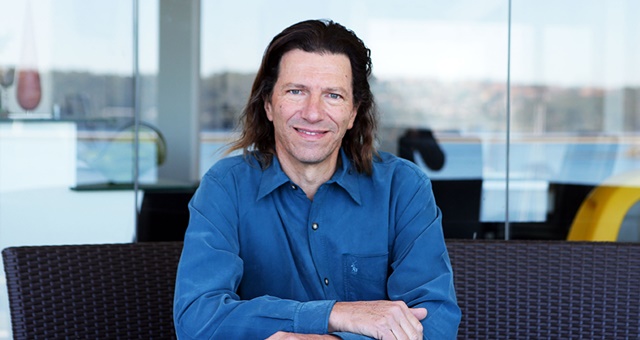
Australia’s most prominent hotel investor, Dr Jerry Schwartz, was up next, shifting the spotlight somewhat to remind listeners that COVID-19 was first and foremost, a health crisis which has been handled brilliantly by state and federal authorities.
“I am not complaining about the Queensland border. I support the states. I don’t want to criticise Queensland so yes it does affect me but I want to be cognitive of the fact we are in a medical crisis.
“We need to have precautions and must not disagree with the states as they’ve done a very good job.”
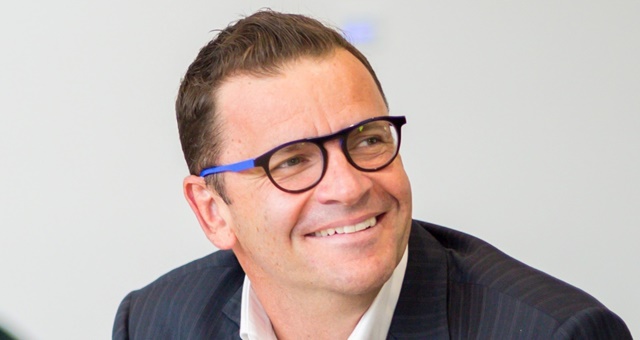
Closing the event was Quest Chief Operating Officer, David Mansfield, who said the group’s franchisees were heavily engaged with their local communities, which has proven to be something of a ‘secret sauce’ in keeping hotels busy by supporting their local areas.
“Our franchisees know their constituency, they know the town Mayor, they know what the community needs and if they can be part of the community in a meaningful sense, that’s just being responsible and it is the right thing to do.”
Mansfield praised both Tourism Accommodation Australia and the Accommodation Association for their intense lobbying work, saying the extension of JobKeeper and an extension of the moratorium on evictions was crucial.
“If we don’t get relief in Jobkeeper being extended through to March – and it does need to go through to March – and if we don’t get some understanding around the mandatory evictions moratorium, which currently exists between landlords and tenants, to negotiate good rental outcomes beyond September, this is going to be a very big issue,” he said.
HM has labelled its first webinar a resounding success, with plans now underway for more in the coming weeks and months as anticipation builds to a new-look and highly digital AHICE conference in Melbourne. More information on AHICE can be found HERE.

